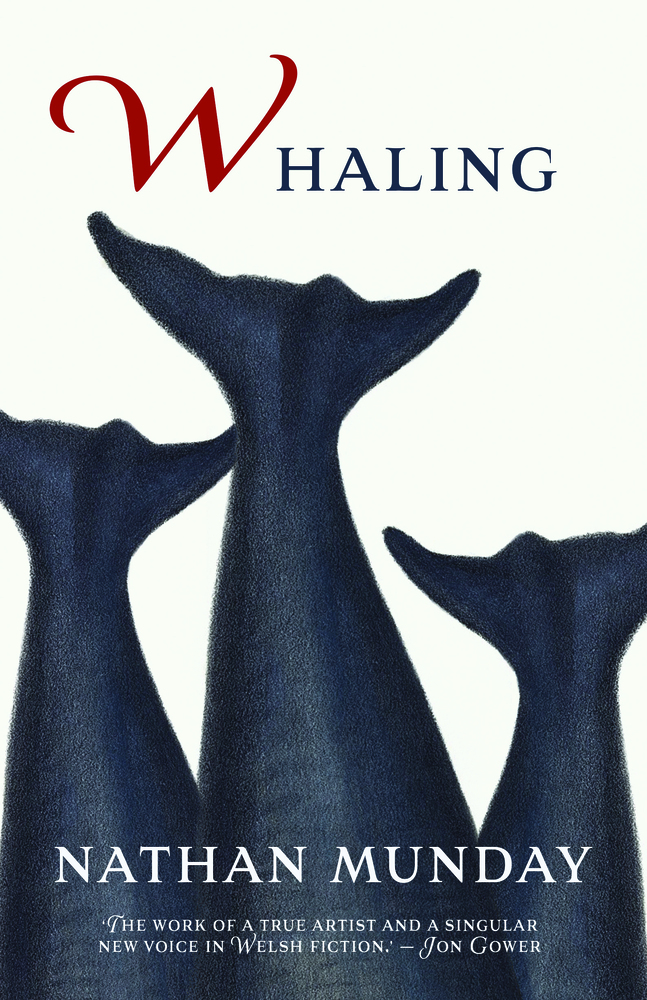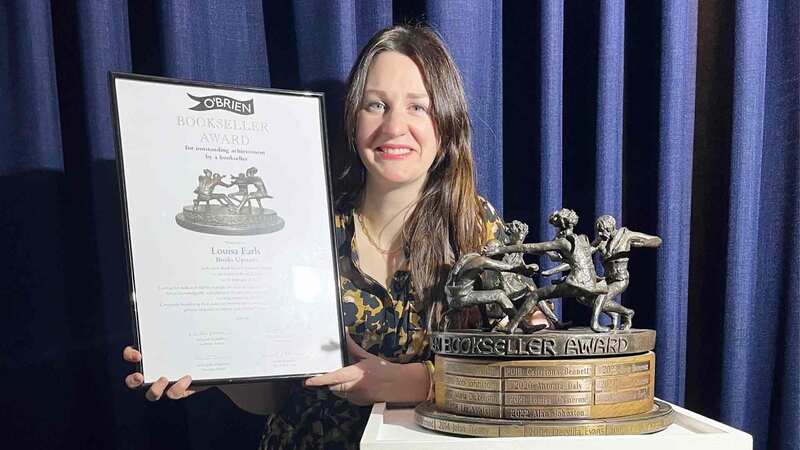You are viewing your 1 free article this month. Login to read more articles.
Nathan Munday speaks about his debut novel Whaling and genre boundaries
 Caroline Sanderson
Caroline SandersonCaroline Sanderson is a non-fiction writer, editor and books journalist. Her books include a travel narrative, A Rambling Fancy: in the F ...more
With his début novel of fiction and myth, Nathan Munday manages to broach the big issues of the 21st century.

Caroline Sanderson is a non-fiction writer, editor and books journalist. Her books include a travel narrative, A Rambling Fancy: in the F ...more
"In 1792, fifteen Nantucket whale men and their families moved to Milford Haven, Wales, where they operated a branch of a whale fishery.” As soon as I read those words, my mind began whirring, wondering why they’d left home and returned to the Old World.”
Welsh writer Nathan Munday is talking about the moment Whaling, his multi-layered début novel, was born. A newly hatched PhD student, he was visiting Nantucket for a few days following a conference at Harvard. “I’d always wanted to go there,” he tells me. “I went into the whaling museum, and upstairs in an exhibition about whaling across the world was this label which took me back to Wales.”
Munday’s novel imagines those 15 Nantucket families arriving in west Wales at the invitation of local landowners. Almost at the same moment, a whale washes up on a nearby beach. What are they to do with the leviathan, and what is the portent? The answers to these questions split the incomers from the local people and create divisions that deepen and eventually slip into hysteria, ably abetted by sinister minister Dafydd Jones, who preaches against the Nantucketers. The action builds to a climax which has stayed with me ever since I first read it.
The questions I leave the reader to answer are: why is the whale there and is the whale actually there?
When he set to work on Whaling, much of which was written during lockdown, Munday, a history graduate, made a conscious decision not to delve deeper into the history of the Nantucket whaler migration but instead crafted a highly original blend of fiction and myth, interspersed throughout with real accounts of Wales in the late 18th century. The result is a blurring of the lines between fact and invention such that the reader can never be sure what is imagined and what might have a basis in truth. Says Munday: “I like a boundary between genres. And I guess that comes into the counter-factual nature of this novel—I want you as a reader to speculate about what’s really happening.” The whale itself is a case in point, he says. “The questions I leave the reader to answer are: why is the whale there and is the whale actually there?”
From Noah’s Ark to Jonah and the Whale, the novel is full of Biblical resonance, evoking the tribalism of rival non-conformist religions: the incomers, for example, are Quakers. “Even in the 18th century, the divisions within the church were huge. I’m fascinated by the divide between man-made religion and the original essence of Christianity.” One of my favourite characters in the book, Mrs Griffiths, bravely takes the Reverend Jones to task for damning the newcomers. “I cannot bear this ill-will. It isn’t proper, nor Christian,” she tells him. “She is a hero who is trying to get back to the 1st-century basics of Christianity,” confirms Munday.
After I’d finished writing the book, so many things kept coming up on the news that were testament to the timelessness of these themes
Into this symbolic story Munday also weaves themes which starkly echo those which preoccupy us today—of language and power (and what happens when both are abused), of faith and superstition, and of migration and how we treat incomers to our shores. “After I’d finished writing the book, so many things kept coming up on the news that were testament to the timelessness of these themes.”
And through the character of the whale, Munday also channels our growing 21st-century concerns for our fellow creatures. “All the scrimshaw I kept seeing in the Nantucket Museum made me think about how we have sinned against these whales.” When the novel opens, the female whale which later expires on the beach is still alive and free, her passage through the ocean beautifully described. This enchanting opening chapter was actually written during a non-fiction nature writing course at Tŷ Newydd, Wales’ National Writing Centre. Tutored by writers Horatio Clare and Jon Gower, the course was Munday’s prize as runner-up in the New Welsh Writing Awards for his creative non-fiction book, Seven Days: A Pyrenean Adventure. Fittingly, the launch of Whaling will take place at the Hay Festival, with Munday in conversation with Clare.
Whaling was born of Munday’s fascination with the human condition. “I’m training for the Christian ministry so I do ask the big questions,” he says with a smile.










